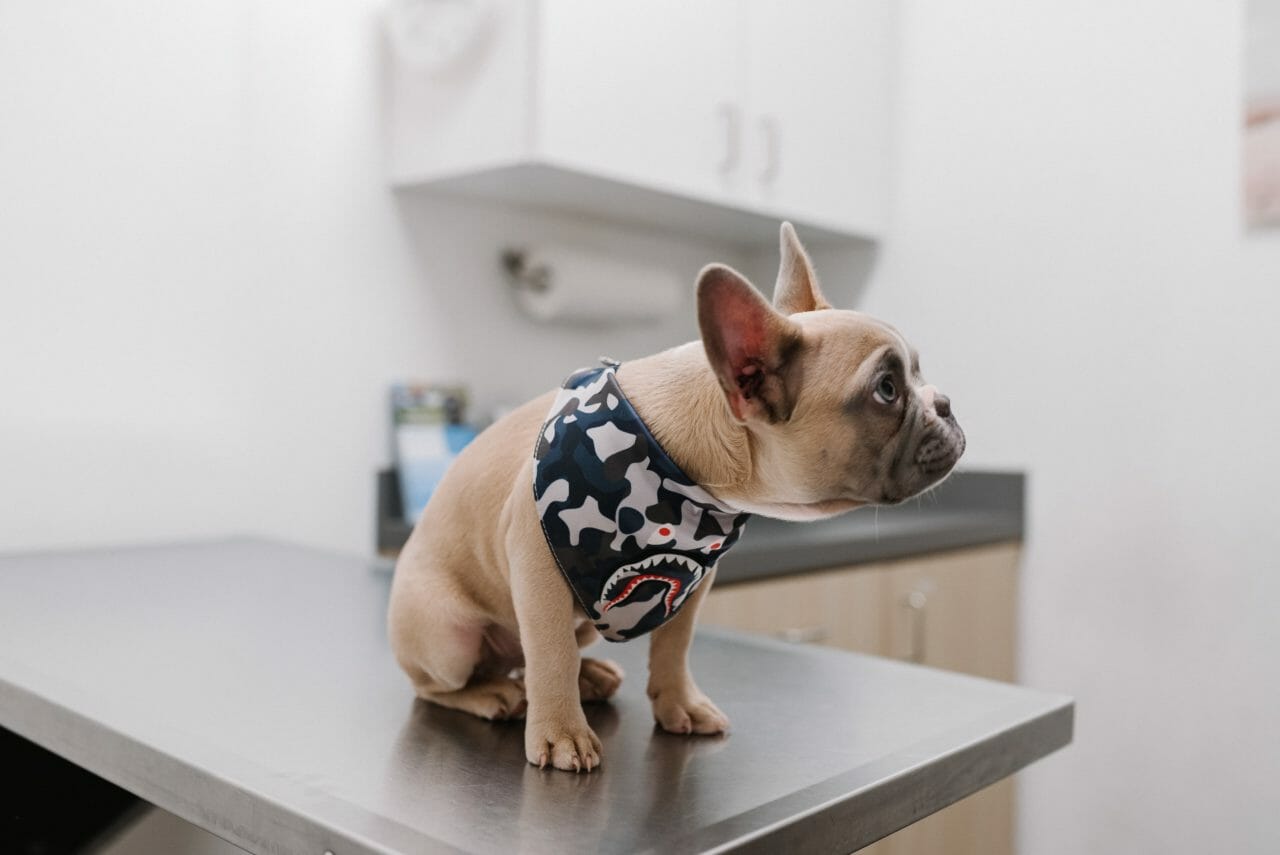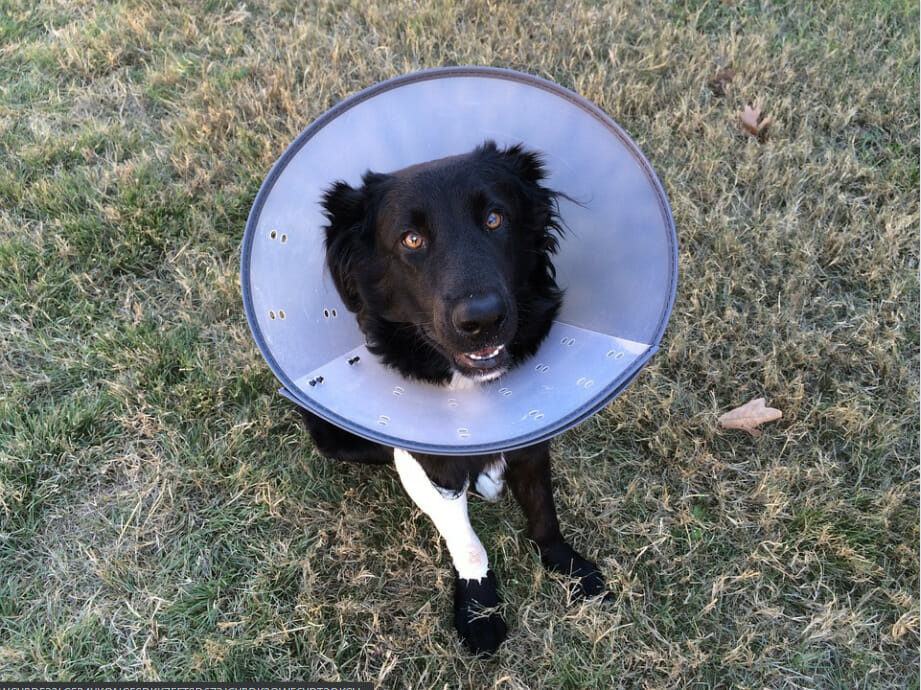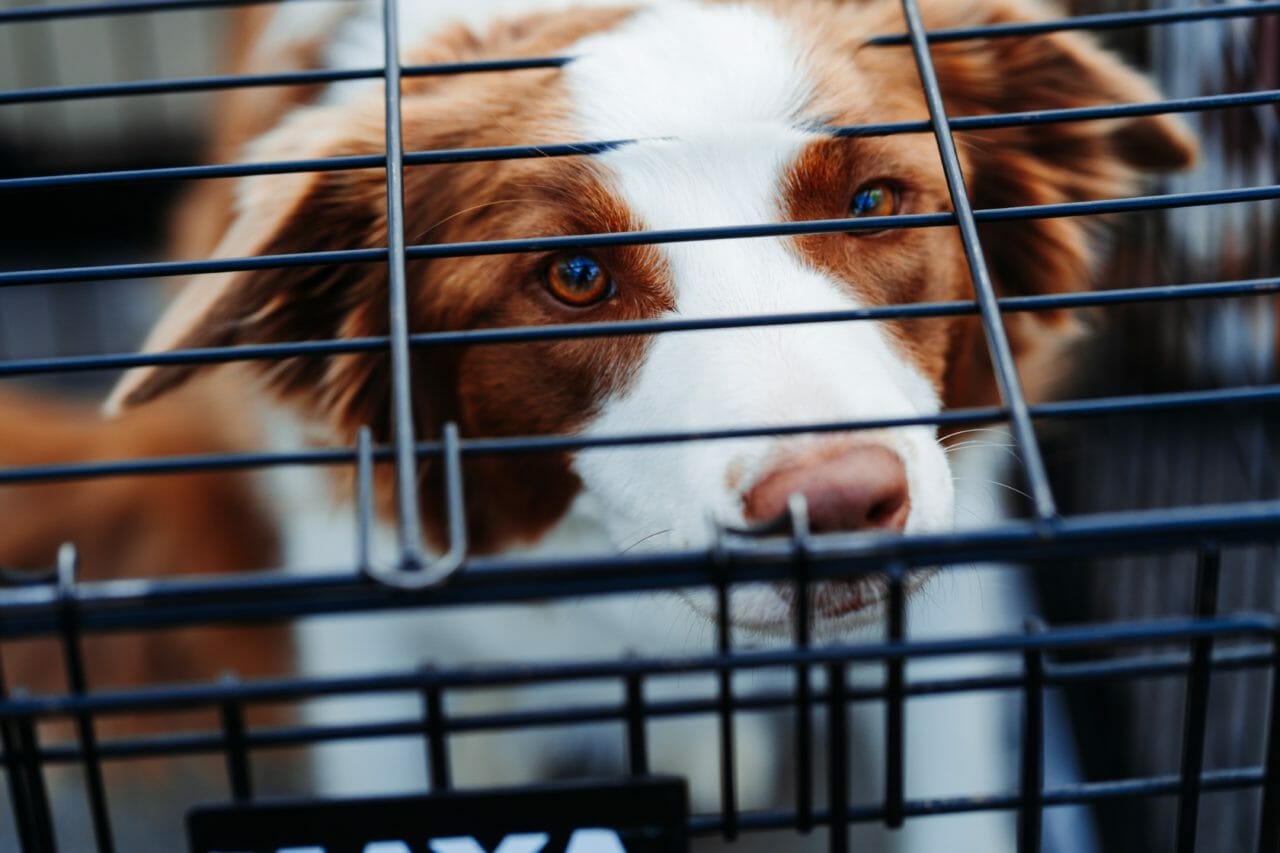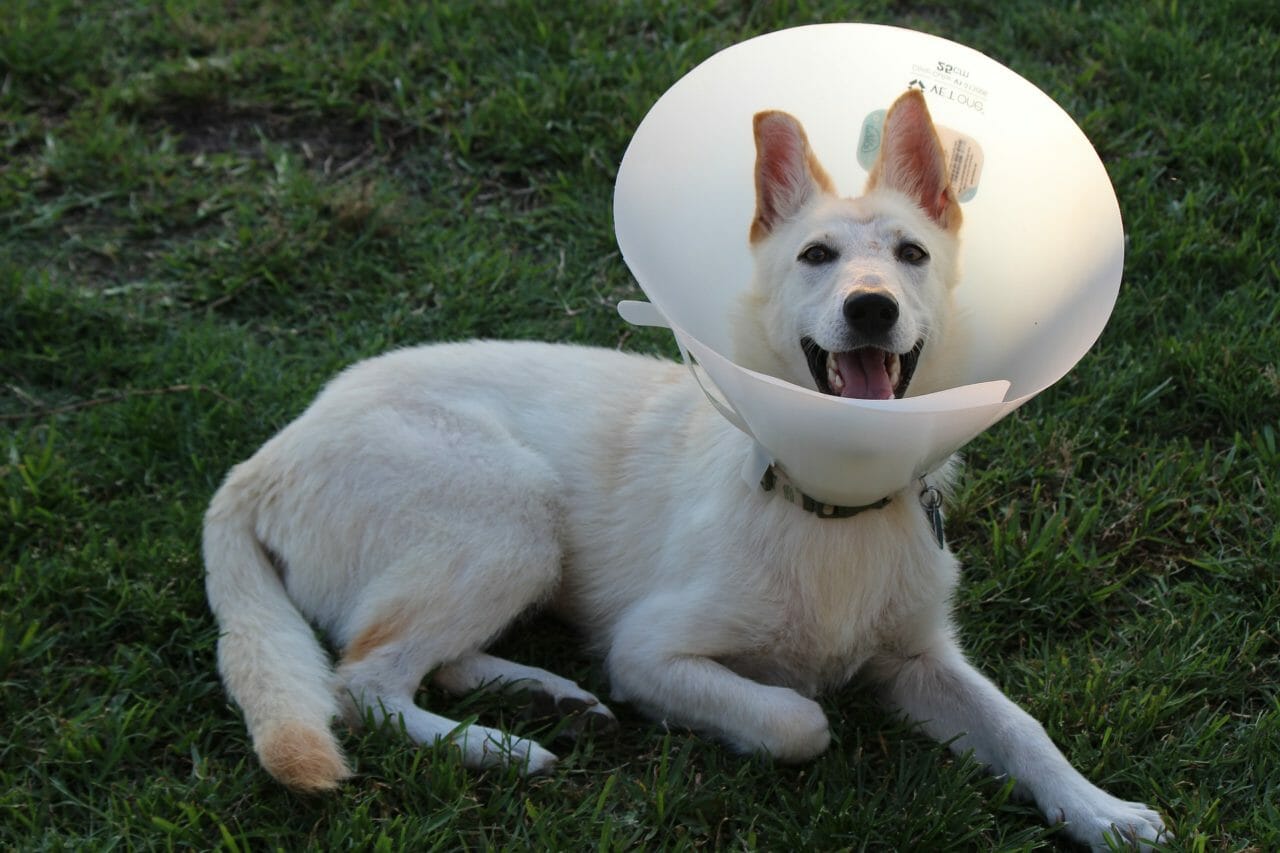When meal time for your pup becomes scary, it’s time to get to the bottom of it.
Do you have a dog that shakes for seemingly no reason? If so, you’re not alone. Many dog owners are puzzled by their pet’s sudden shaking episodes.
Many owners will think, “my dog is shaking, acting weird, and not eating. Is it something I did?” And while many people tend to jump to conclusions, it’s important to remember that there could be several reasons for your dog’s shaking after eating.
If shaking becomes a regular occurrence, your pup might start getting scared to eat. And you don’t want that.
The experts at RehabPet.com explore the many things that can make a dog shake after eating in this article. Keep reading for tips about shaking after eating as well as shaking after appearing to have recovered from an illness or stomach issue. You’ll also find tips on how to help prevent your dog from shaking in the first place.
What Are Dog Shakes?
Most people have heard of a dog shaking after eating. You will notice it usually happens directly after your dog finishes their meal. It’s a common occurrence and is usually caused by cold ambient temperatures or below room temperature dog food.
However, if your dog is consistently shaking their head or body after meals, it could signify something more serious. And if your dog vomits after eating and then begins shaking, this is also an indicator of a more serious issue.
A few other things to keep in mind are that dog shakes can be caused by different things at different life stages. For example, young puppies may shake due to teething pains, while older dogs may shake from joint pain or arthritis.
What Causes Your Dog To Shake
There are many potential causes of dog shaking. Some causes are more serious than others, but all require a trip to the vet for proper diagnosis.
A few potential causes include:
Nausea
As mentioned above, if your dog is shaking and vomiting after eating, this could be a sign of a larger issue. If your pups continue having nausea after eating, it could be time to change their food source.
Allergies
If your dog has never had an allergic reaction before, you may not even think to consider it as a possibility
Generalized Tremor Syndrome (GTS)
GTS is a condition that results in involuntary muscle tremors and twitching. It can be caused by various factors such as stress or anxiety.
Poisoning
If your dog has eaten something poisonous, like chocolate or rat poison, it will likely start shaking. This is a medical emergency; you should take your dog to the vet immediately or call your local animal poison control.
Seizure Disorder
Seizures can be caused by many things, including low blood sugar, head trauma, or a brain tumor. If your dog has a seizure, it will likely involve shaking and losing consciousness. This is a medical emergency; you should immediately take your dog to the vet.
Kidney Disease
Kidney disease is a common cause of dog shaking. As the disease progresses, it will cause your dog to feel weak and shaky.
Hypoglycemia
Hypoglycemia is low blood sugar and can be caused by not eating enough, strenuous exercise, or certain medications. If your dog has hypoglycemia, it will likely feel weak and shaky. Take the pups to the vet for a blood test to confirm the diagnosis.
Now that we’ve gone over some potential causes, let’s talk about what you can do to help your dog if they are shaking.
What You Can Do If Your Dog Is Shaking
If your dog is shaking and you’re unsure why, you should take your dog to the vet first. The vet will be able to diagnose the issue. The vet will ask questions about their diet, any changes in behavior, and if your dog has been shaking for a while.
If your dog has been diagnosed with a condition like GTS or a seizure disorder, you can take steps to get medications from your vet that help prevent the shaking episodes.

How To Prevent Shaking Episodes
There are a few things you can do to help prevent shaking episodes:
- Feed your dog a balanced diet and make sure your pups is getting all the nutrients they need
- If your dog has low blood sugar, you can give them food or glucose tablets to raise their blood sugar level.
- If your dog has anxiety, try dog anxiety medication prescribed by your vet.
- Regular exercise will also help keep their joints healthy and prevent pain.
- Avoid strenuous exercise after eating, letting their food settle before playing.
- Make sure your dog has plenty of water to drink
Final Thoughts
There are several reasons your dog could be shaking after eating.
Whatever the cause, it’s essential to consult with your veterinarian so they can help you determine the reason and recommend the best course of treatment.
Dog owners need to be aware of the potential causes of this problem to provide the best possible care for their furry friends!
Your vet can help you get to the bottom of the issue, so that meal time can once again be a happy time.



